Home>Furniture & Design>Outdoor Furniture>How To Get Rid Of Outdoor Flies
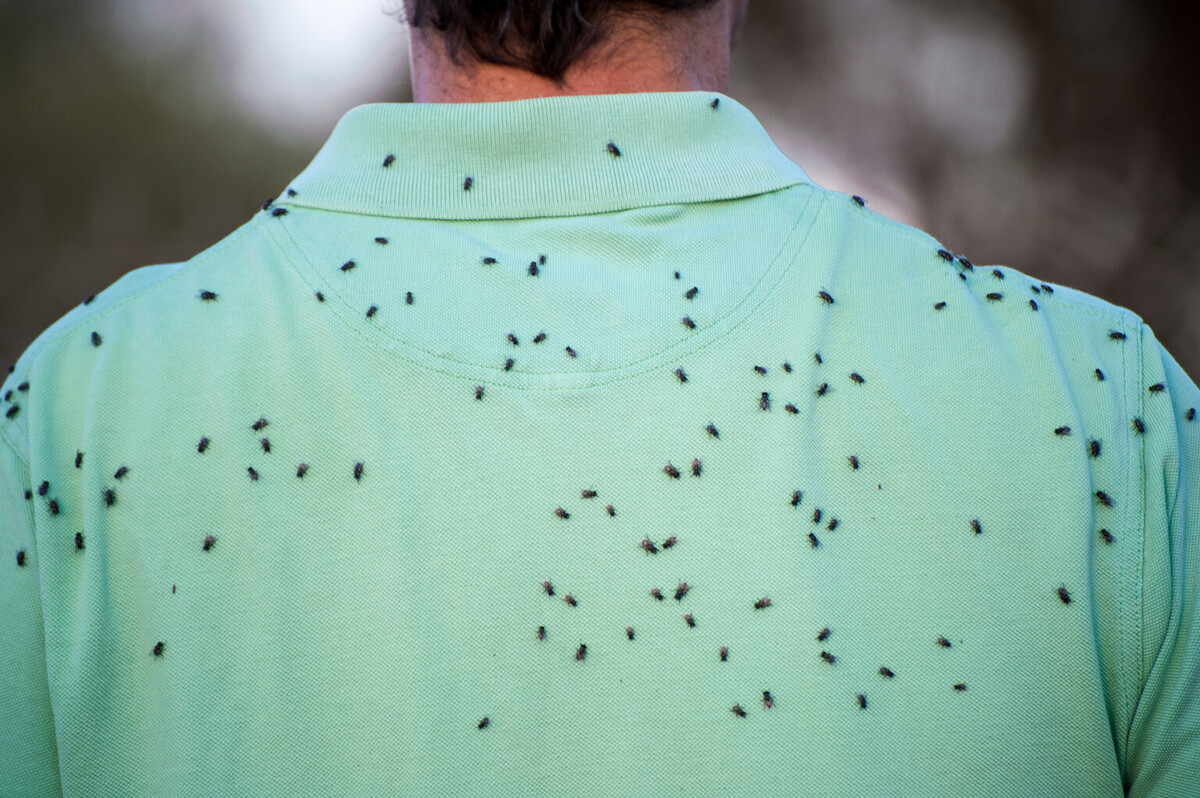

Outdoor Furniture
How To Get Rid Of Outdoor Flies
Modified: October 27, 2024
Learn effective methods to eliminate outdoor flies and keep them away from your outdoor furniture and design. Get expert tips and tricks for a fly-free outdoor space.
(Many of the links in this article redirect to a specific reviewed product. Your purchase of these products through affiliate links helps to generate commission for Storables.com, at no extra cost. Learn more)
Introduction
Dealing with outdoor flies can be a persistent nuisance, especially during the warmer months when these pesky insects are at their most active. Whether you're enjoying a leisurely afternoon in your garden or hosting a backyard barbecue, the presence of flies can quickly put a damper on the experience. Fortunately, by understanding the behavior of outdoor flies and implementing effective prevention and control measures, you can reclaim your outdoor spaces and enjoy them to the fullest.
In this comprehensive guide, we will delve into the world of outdoor flies, exploring their habits, the reasons for their attraction to outdoor environments, and the various strategies for keeping them at bay. From natural remedies to chemical solutions, we will cover a range of methods to help you combat outdoor flies effectively. So, let's roll up our sleeves and equip ourselves with the knowledge and tools needed to bid farewell to these unwelcome visitors.
Key Takeaways:
- Keep outdoor spaces clean and free of organic waste to prevent flies from gathering. Use natural remedies like essential oils and citrus peels to repel flies without harming the environment.
- When necessary, consider using insecticidal sprays or professional pest control services to address severe fly infestations. Prioritize safety and responsible application of chemical solutions.
Understanding Outdoor Flies
Before delving into the methods for eliminating outdoor flies, it’s essential to understand why these insects are drawn to outdoor spaces in the first place. Flies are attracted to a variety of outdoor environments due to the availability of food sources, breeding grounds, and favorable conditions for their survival.
One of the primary reasons flies congregate in outdoor areas is the presence of decaying organic matter, such as compost heaps, garbage bins, and pet waste. These serve as abundant sources of nourishment for flies, providing them with the sustenance needed to thrive and reproduce. Additionally, outdoor spaces often offer warm and humid conditions, which are conducive to fly activity.
Furthermore, flies are attracted to outdoor gatherings and events where food and beverages are served. The aroma of food, particularly sweet and savory items, acts as a powerful lure for flies, prompting them to flock to these locations in search of a meal. Their persistent presence can quickly become a source of frustration for individuals trying to enjoy outdoor activities.
Understanding the behavioral patterns and preferences of outdoor flies is crucial in devising effective control measures. By addressing the factors that attract flies to outdoor spaces, it becomes possible to implement targeted strategies for deterring and eliminating these bothersome insects.
Preventing Outdoor Flies
Prevention is often the most effective approach when it comes to managing outdoor flies. By implementing proactive measures to deter these insects, you can significantly reduce their presence and minimize the need for reactive solutions. Here are several strategies for preventing outdoor flies from becoming unwelcome guests in your outdoor spaces:
- Maintain Cleanliness: Keeping outdoor areas clean and free of debris is essential for fly prevention. Regularly remove and properly dispose of organic waste, such as food scraps, pet waste, and yard clippings, to eliminate potential food sources for flies.
- Secure Trash Receptacles: Use tightly sealed trash cans and bins to contain garbage and prevent odors from attracting flies. Additionally, ensure that trash receptacles are emptied regularly to minimize the accumulation of organic matter.
- Manage Compost Piles: If you have a compost pile, maintain it properly by regularly turning the compost to promote decomposition and discourage fly infestations. Consider using a covered compost bin to contain odors and prevent flies from accessing the organic material.
- Install Screens and Netting: Use screens on windows and doors to prevent flies from entering indoor spaces. When hosting outdoor gatherings, consider using mesh netting or food tents to protect food and beverages from fly contamination.
- Eliminate Standing Water: Address any sources of standing water in your outdoor environment, such as birdbaths, stagnant puddles, or clogged gutters. Flies are attracted to moisture, so reducing these areas can help deter their presence.
By incorporating these preventive measures into your outdoor maintenance routine, you can create an environment that is less hospitable to flies, thereby reducing the likelihood of infestations and minimizing the need for more aggressive control methods.
Keep outdoor areas clean and free of food scraps and standing water, as these attract flies. Use fly traps or repellents, and consider planting fly-repelling plants like basil or lavender.
Natural Remedies for Outdoor Flies
When it comes to managing outdoor flies, natural remedies offer a sustainable and environmentally friendly approach to control and deter these pesky insects. By harnessing the power of natural ingredients and methods, you can effectively reduce fly populations and create a more pleasant outdoor environment. Here are some natural remedies to consider:
- Essential Oils: Certain essential oils, such as citronella, eucalyptus, lavender, and peppermint, are known for their ability to repel flies. Create a natural fly repellent spray by diluting a few drops of essential oil in water and misting it in outdoor areas where flies are problematic.
- Vinegar Traps: Prepare a simple yet effective fly trap using apple cider vinegar. Fill a shallow bowl with vinegar and add a few drops of dish soap. The scent of the vinegar attracts flies, while the dish soap disrupts the surface tension, causing the flies to drown upon landing in the solution.
- Citrus Peels: The strong scent of citrus peels, such as lemon or orange, can act as a natural deterrent for flies. Place citrus peels in outdoor gathering areas or near potential fly entry points to discourage fly activity.
- Herb Bundles: Bundles of aromatic herbs, such as rosemary, basil, and mint, can serve as natural fly repellents. Create herb bundles and hang them in outdoor spaces to release their fragrances and deter flies from congregating in the area.
- Fly-Repellent Plants: Incorporate fly-repellent plants, such as lavender, basil, marigold, and mint, into your outdoor landscaping. These plants emit natural scents that repel flies, contributing to a naturally fly-resistant environment.
By integrating these natural remedies into your outdoor fly management strategy, you can diminish fly populations without resorting to chemical-based solutions. These natural approaches not only help control flies but also contribute to a more eco-conscious and harmonious outdoor setting.
Chemical Solutions for Outdoor Flies
While natural remedies offer an eco-friendly approach to managing outdoor flies, there are instances where chemical solutions may be necessary for effective control, especially in cases of severe infestations or persistent fly activity. When considering chemical solutions, it is crucial to prioritize safety, effectiveness, and responsible application. Here are some chemical-based options for addressing outdoor fly issues:
- Insecticidal Sprays: Commercial insecticidal sprays formulated for outdoor use can provide targeted control of flies. Look for products specifically designed to combat flying insects, and follow the application instructions carefully to ensure safe and effective use.
- Baits and Traps: Fly baits and traps containing insecticidal ingredients can be strategically placed in outdoor areas to attract and eliminate flies. These products are designed to lure flies and prevent their escape once they come into contact with the chemical bait or trap.
- Residual Insecticides: Residual insecticides can be applied to outdoor surfaces, such as walls, eaves, and other fly resting areas, to create a barrier that targets flies upon contact. It is essential to use these products in accordance with their labeled instructions and precautions.
- Professional Pest Control Services: In cases of severe fly infestations or persistent outdoor fly problems, seeking the expertise of professional pest control services may be necessary. These professionals can assess the situation and implement targeted chemical treatments in a responsible and effective manner.
When considering chemical solutions for outdoor fly control, it is imperative to prioritize safety for humans, pets, and beneficial insects. Always read and follow the instructions provided by the product manufacturers, and consider consulting with pest control professionals to determine the most suitable and responsible approach for addressing outdoor fly issues.
Read more: How To Get Rid Of Flies In The Attic
Conclusion
Managing outdoor flies requires a multifaceted approach that encompasses understanding their behavior, implementing preventive measures, and considering both natural and chemical-based solutions for effective control. By cultivating a proactive mindset and integrating various strategies, you can create outdoor environments that are less hospitable to flies, allowing you to fully enjoy your outdoor spaces without the intrusion of these bothersome insects.
From maintaining cleanliness and securing trash receptacles to utilizing natural remedies and, when necessary, considering chemical solutions, there are numerous ways to combat outdoor flies and minimize their impact. It is important to approach fly management with a balanced perspective, considering the environmental implications of control methods and prioritizing safety for all inhabitants of the outdoor space.
Furthermore, fostering an understanding of outdoor fly behavior and the factors that attract them to specific environments empowers individuals to make informed decisions when devising control strategies. By addressing the root causes of fly attraction and implementing targeted solutions, it becomes possible to create outdoor spaces that are more resistant to fly infestations.
Ultimately, the goal of outdoor fly management is to strike a harmonious balance between human enjoyment and ecological considerations, creating outdoor environments that are inviting, hygienic, and free from the disruptions caused by excessive fly activity. By embracing a holistic approach to fly control and drawing upon a diverse array of prevention and treatment methods, you can reclaim your outdoor spaces and relish in the pleasures they have to offer, free from the persistent presence of outdoor flies.
Frequently Asked Questions about How To Get Rid Of Outdoor Flies
Was this page helpful?
At Storables.com, we guarantee accurate and reliable information. Our content, validated by Expert Board Contributors, is crafted following stringent Editorial Policies. We're committed to providing you with well-researched, expert-backed insights for all your informational needs.
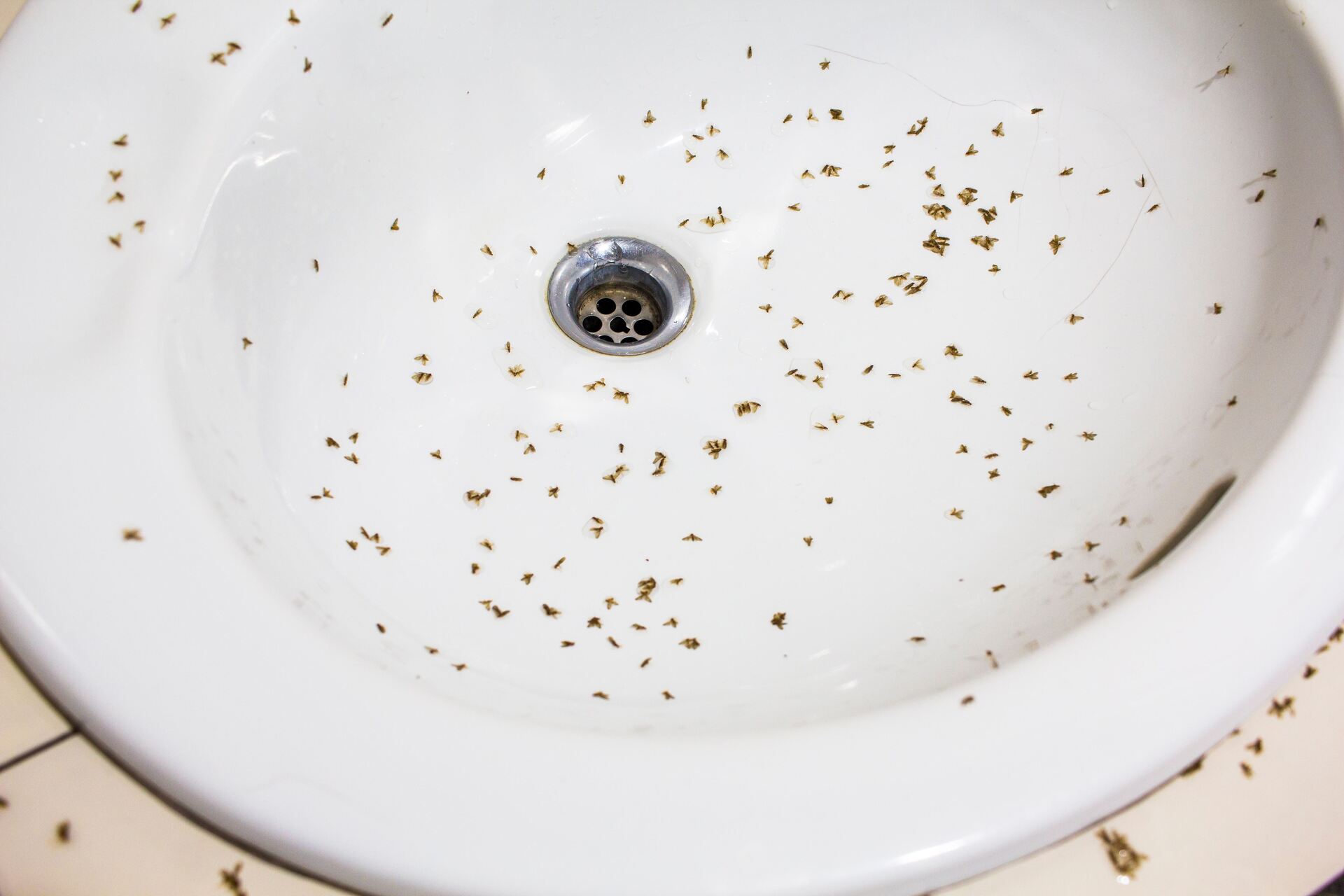
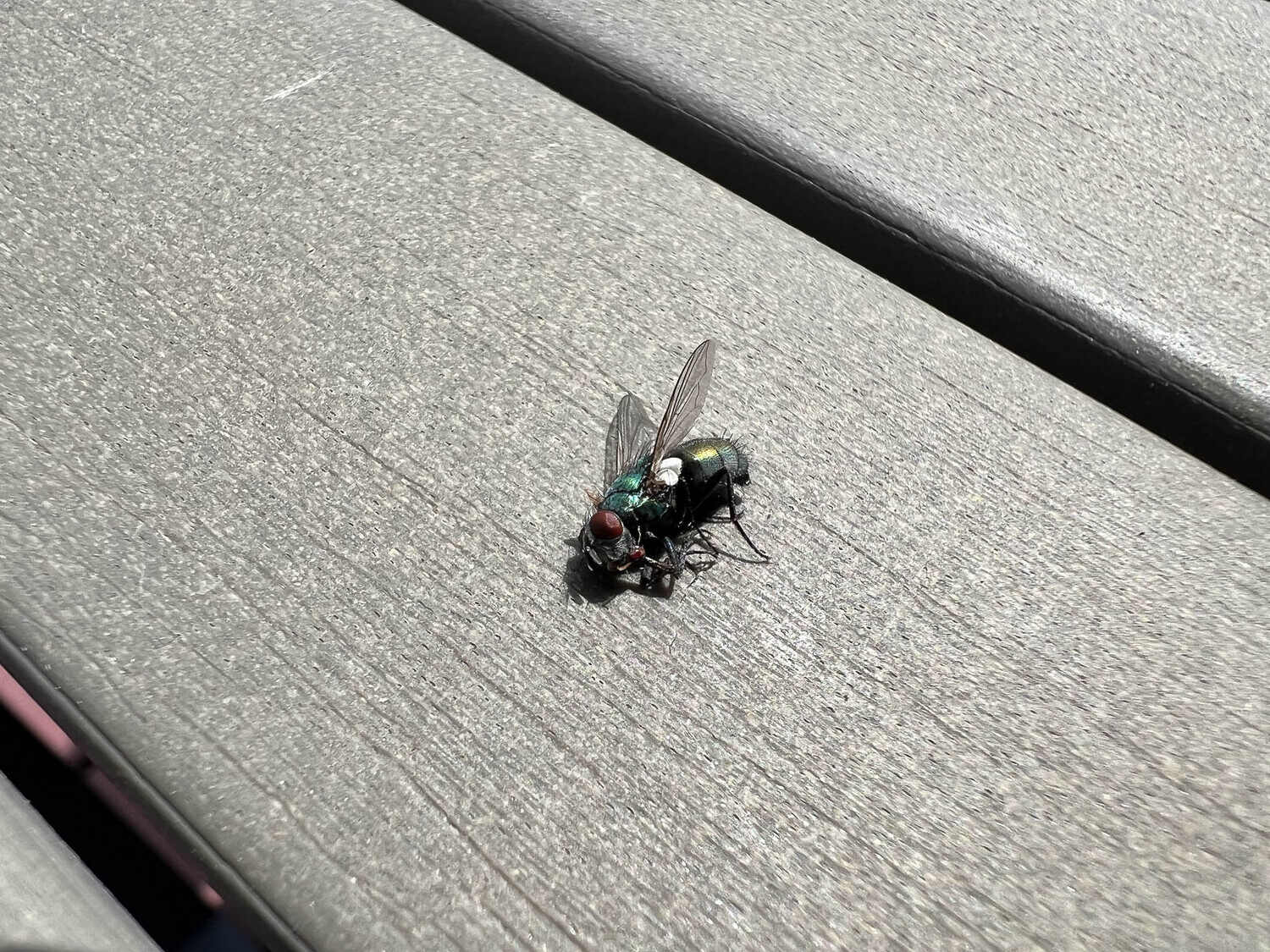
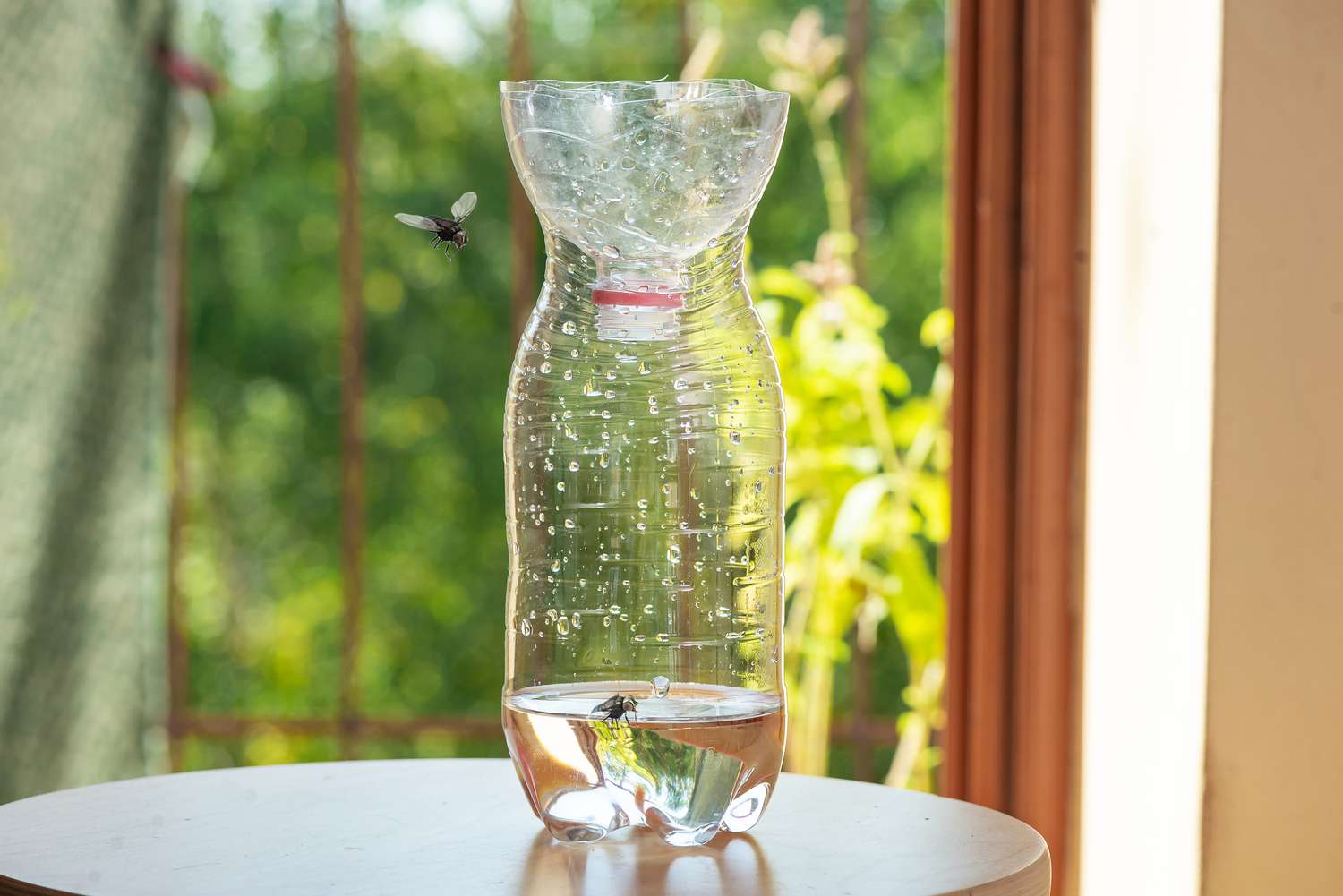
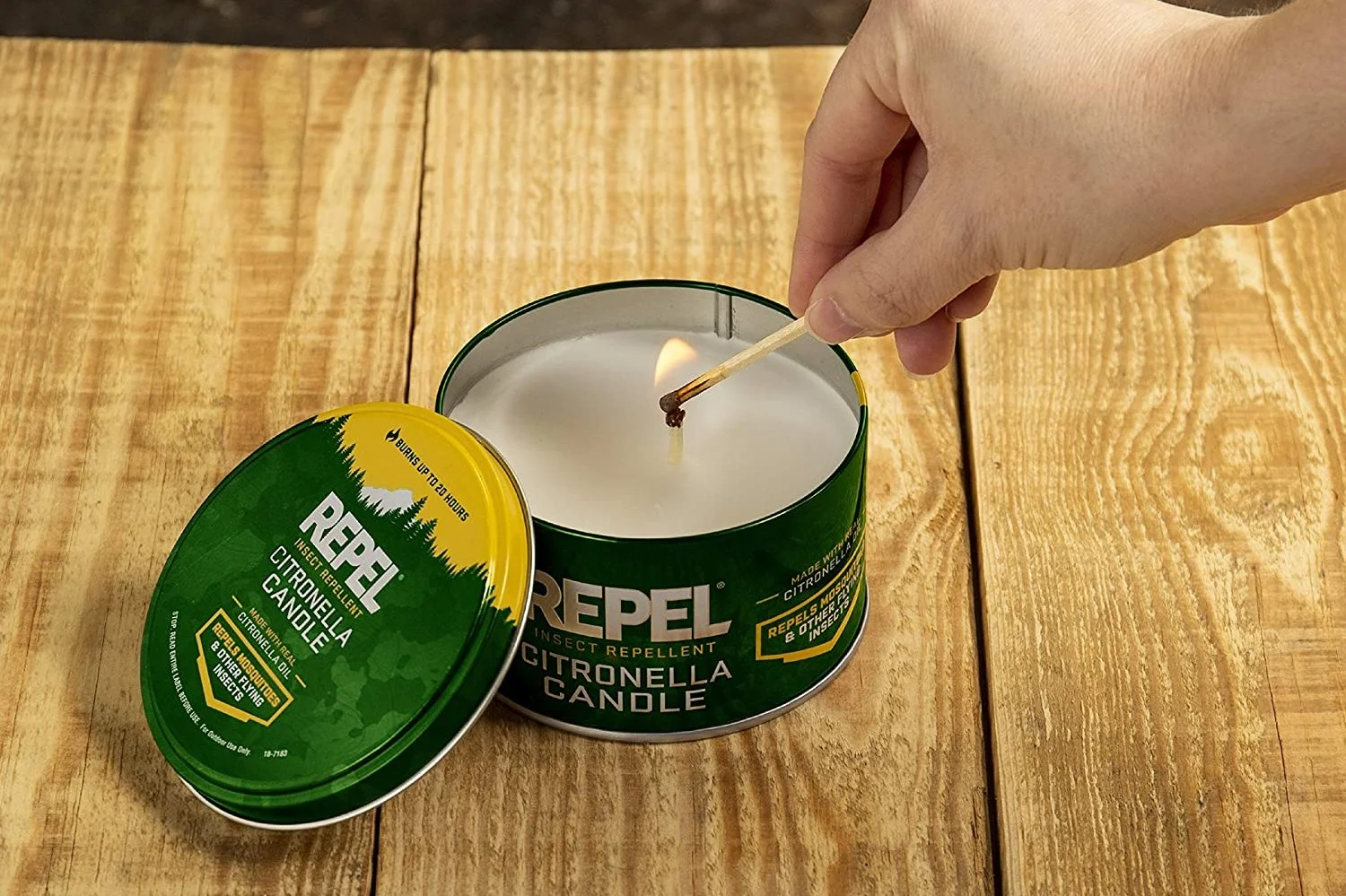
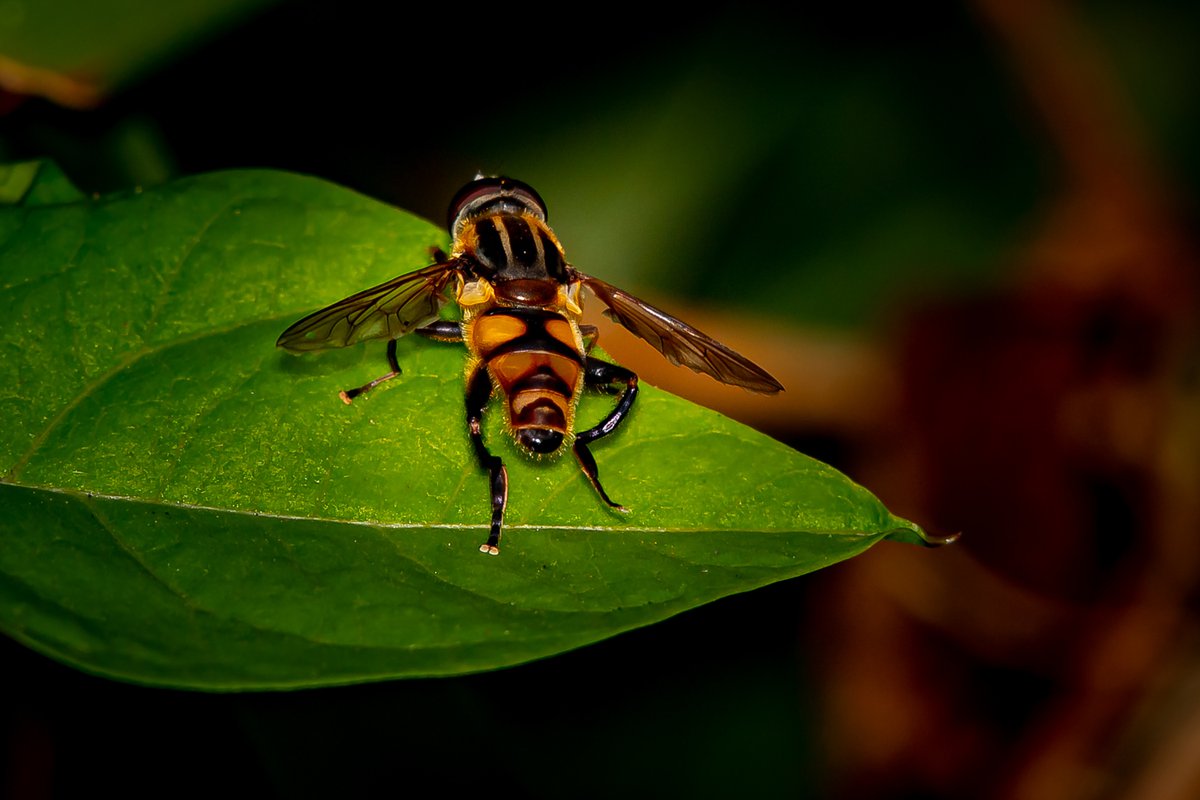
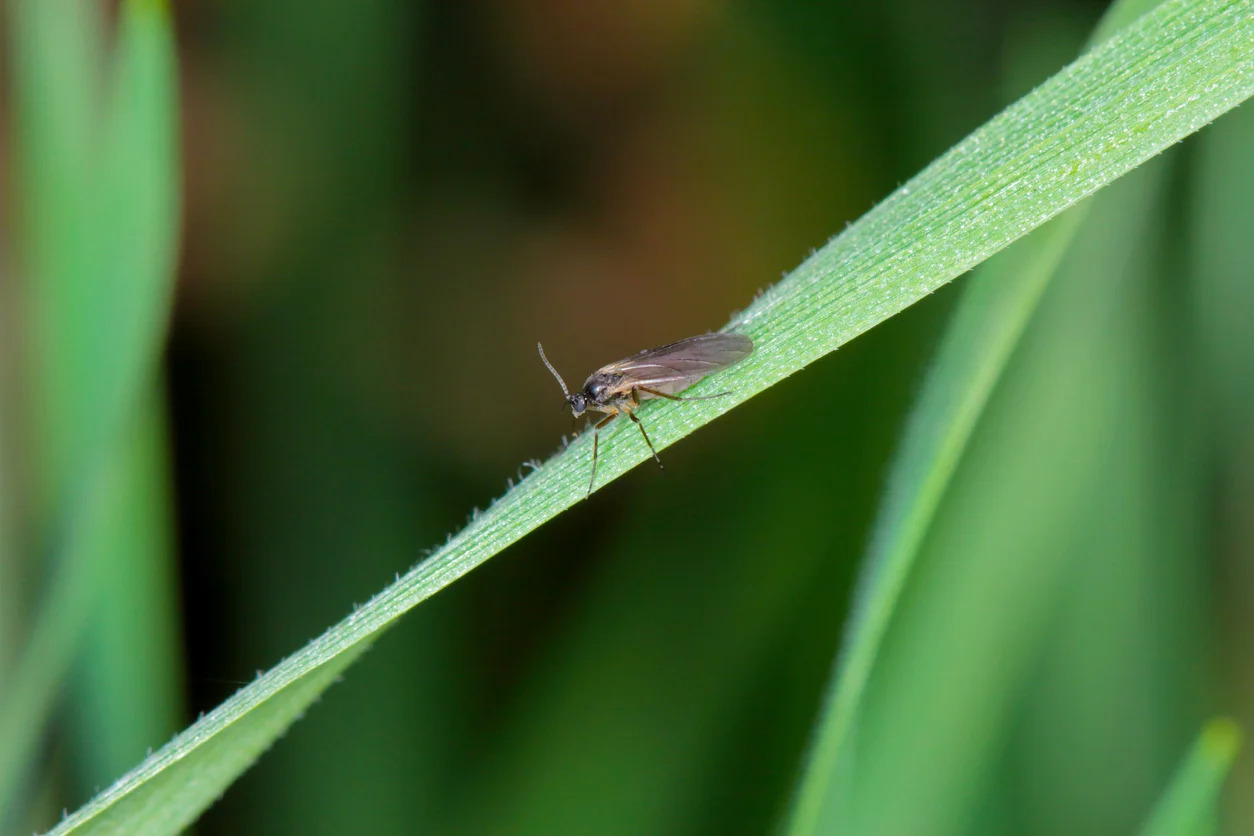
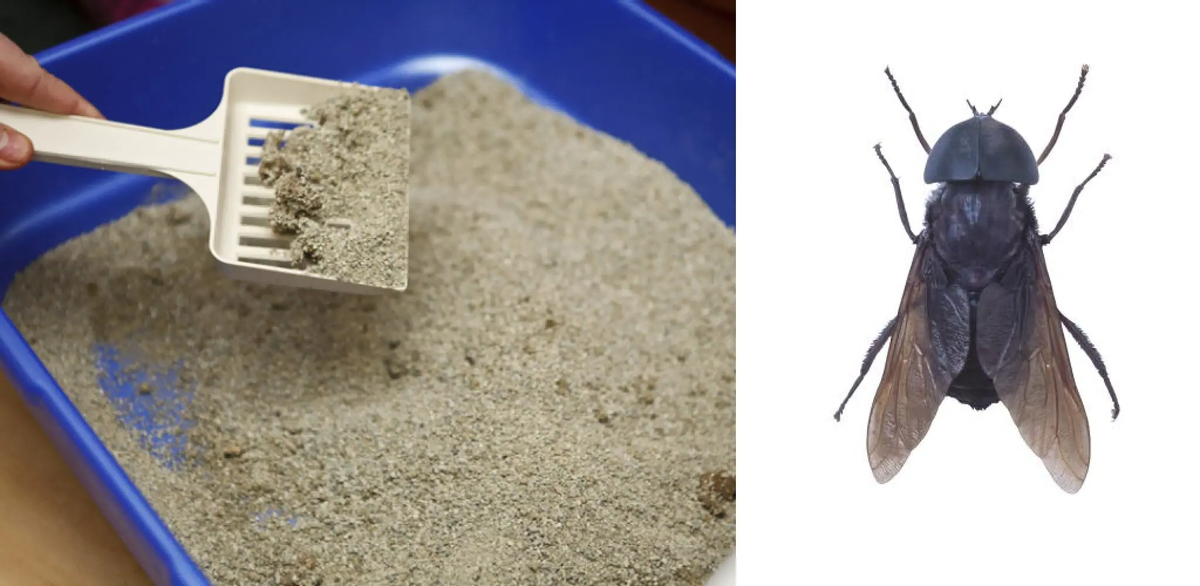
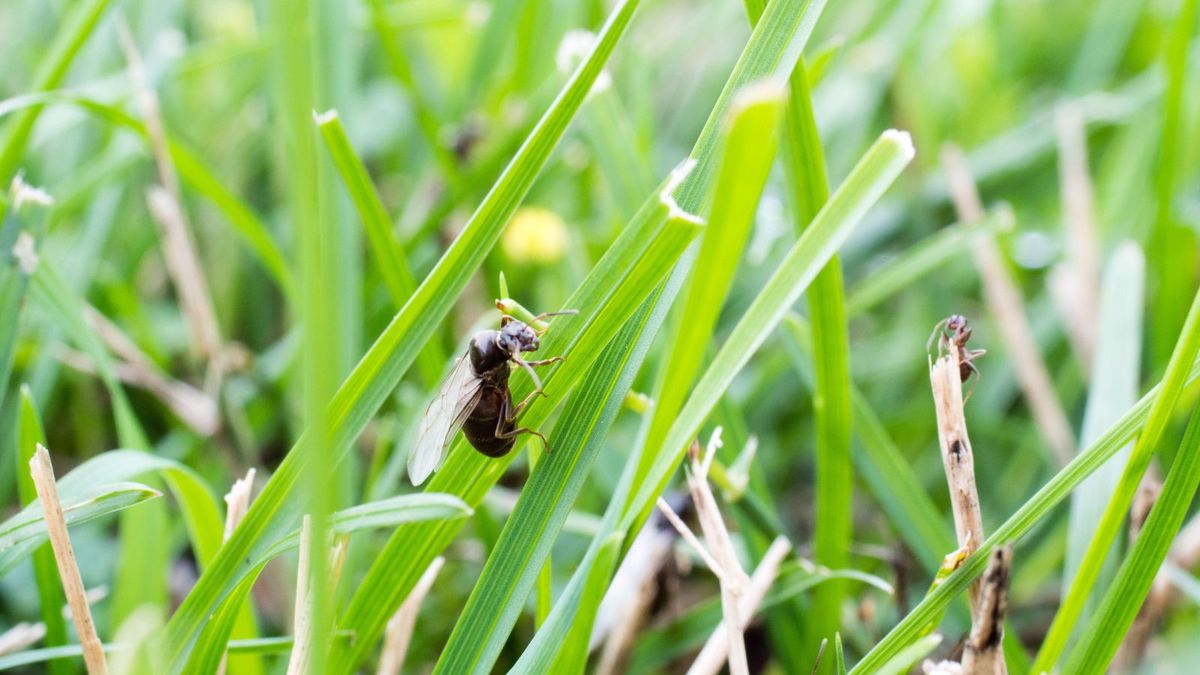
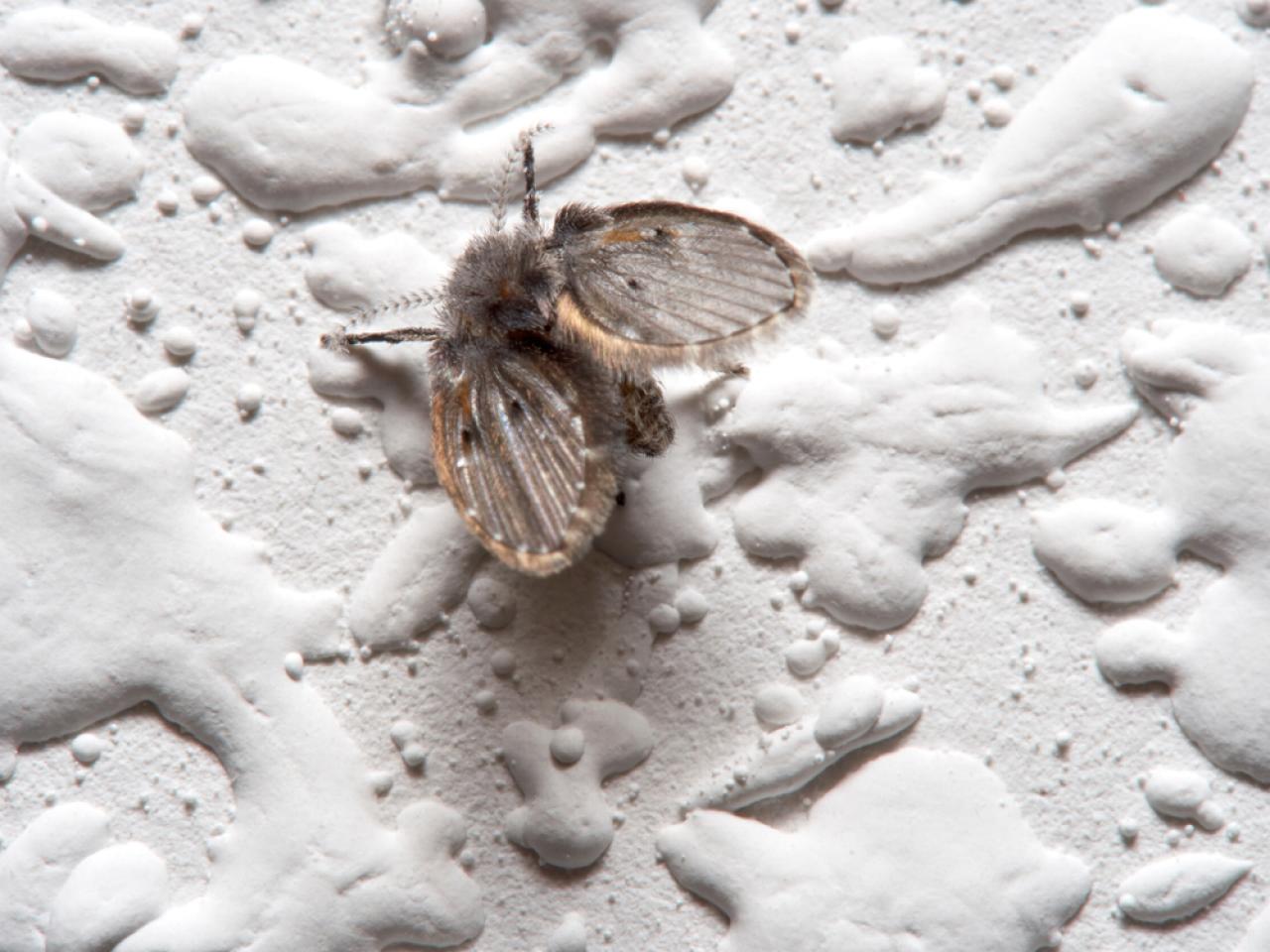
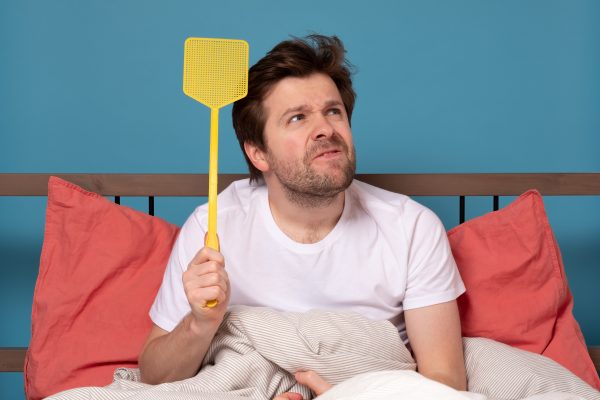

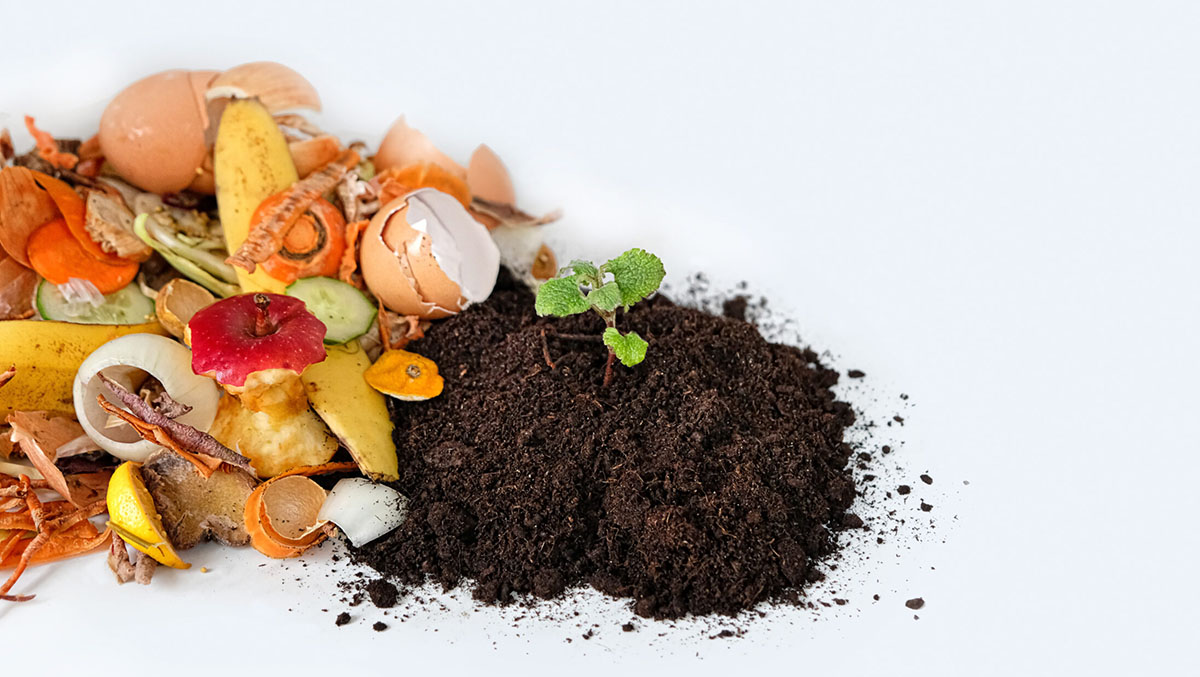
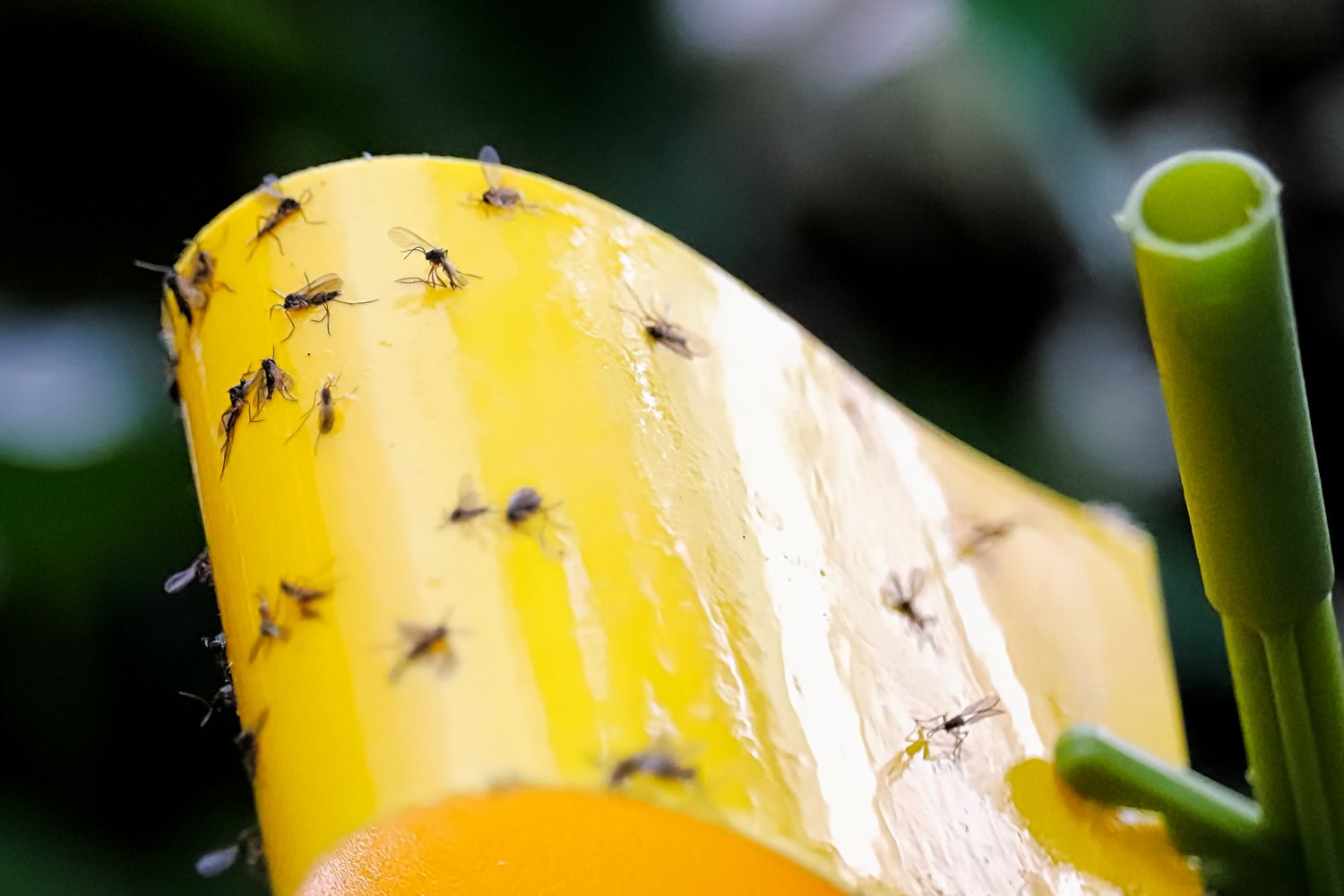
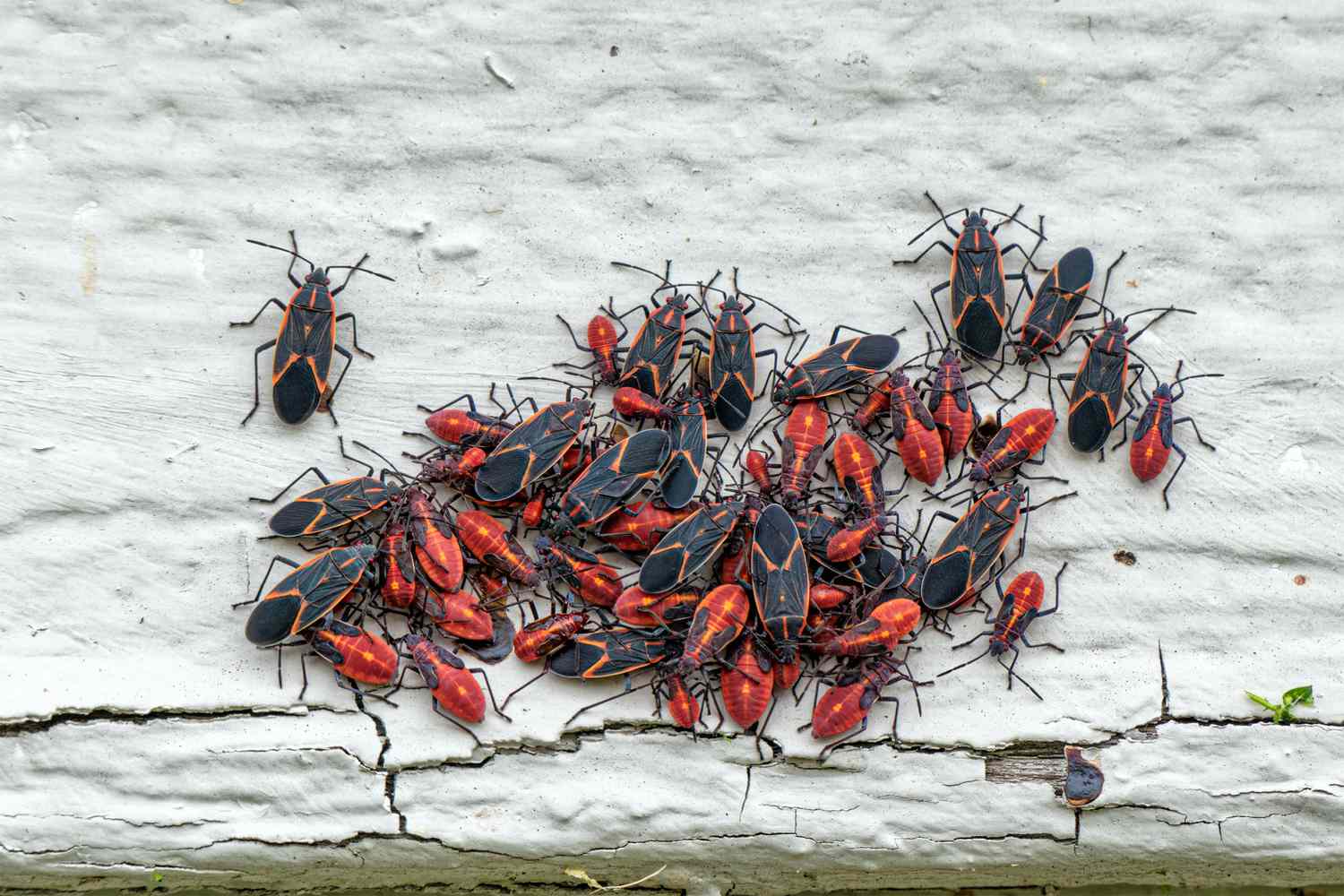

0 thoughts on “How To Get Rid Of Outdoor Flies”